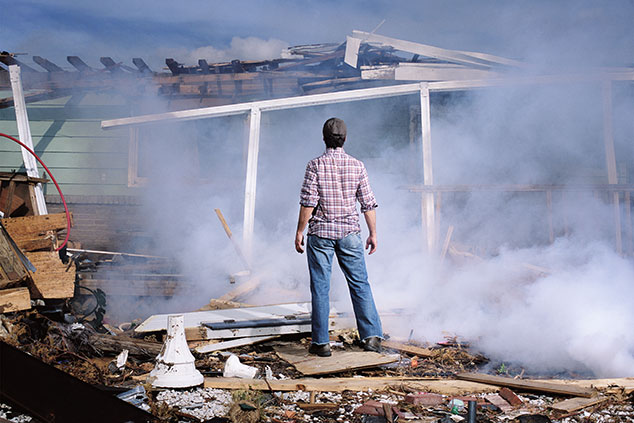
In a court case last year, a London-based leaseholder was found to have breached the terms of his lease by renting out his flat through the short-term letting site Airbnb. The County Court ultimately decided there had been a breach of the covenants in his lease that said he wouldn’t sublet the flat without prior written consent of the landlord, and that he would only use the flat as a residential home for one family.
Although there’s decent money to be made from letting out property via Airbnb, the lesson here is clear: to save headaches later on, make sure you first get the okay from everyone with a relevant interest in your property.
You need permission first
So first, and probably most importantly, check that letting your home out short-term won’t breach the terms of your lease or your mortgage. Not all agreements will take the same approach. “The catch… is that slight variations in the wording of user covenants may be all important in deciding whether the lessee is in breach,” says Andrew Brookes of Anthony Gold solicitors.
As far as mortgage agreements are concerned, different lenders will also take differing approaches. Some say you can’t let your house out at all; some will ask you to apply for consent to let in return for a fee; others say they make decisions on a case-by-case basis.
Next, you need to think about your home insurance. Given that you took out buildings or content insurance on the basis that specific people would be living in your home permanently, most insurers are understandably not willing to cover damage caused by someone you found on Airbnb. So letting your property out short-term may actually invalidate your current policy.
If you do have plans to let out your home on a short-term basis, get in touch with your insurer to see what they say. They may agree to extend the scope of your existing policy, in return for a fee.
If not, you may have to take out a new policy that will allow for short-term lets. In that case, consider going to a specialist broker such as Towergate or HomeProtect. (You can also find a broker via the British Insurance Brokers’ Association website.) If you’d rather go directly to an insurer, Admiral, Aviva, Churchill, Direct Line, More Than and Privilege all provide cover for renting out a room (although not all will cover renting out a whole house), says consumer-finance site Money Saving Expert.
But will Airbnb come to your rescue?
Airbnb does have a “host guarantee”, which provides property-damage protection of up to $1m, at no additional cost, but there are plenty of things this doesn’t include. Although it says it will cover damage to a host’s property and possessions, this excludes cash, personal injury, property damage claims from third parties, or damage caused by a pet. Valuable possessions such as jewellery, collectibles and artwork may also be excluded. On top of this, it provides free host-protection insurance, which covers you if someone files a lawsuit or claims for bodily injury or property damage.
But although this all sounds good, and you’re unlikely to experience an Airbnb horror story along the lines of a house destroyed by an overly enthusiastic party, it’s not necessarily a good idea to rely on the company to bail you out. There have been stories of severe damage that it has refused to pay for, so you may want to take your own precautions with insurance.